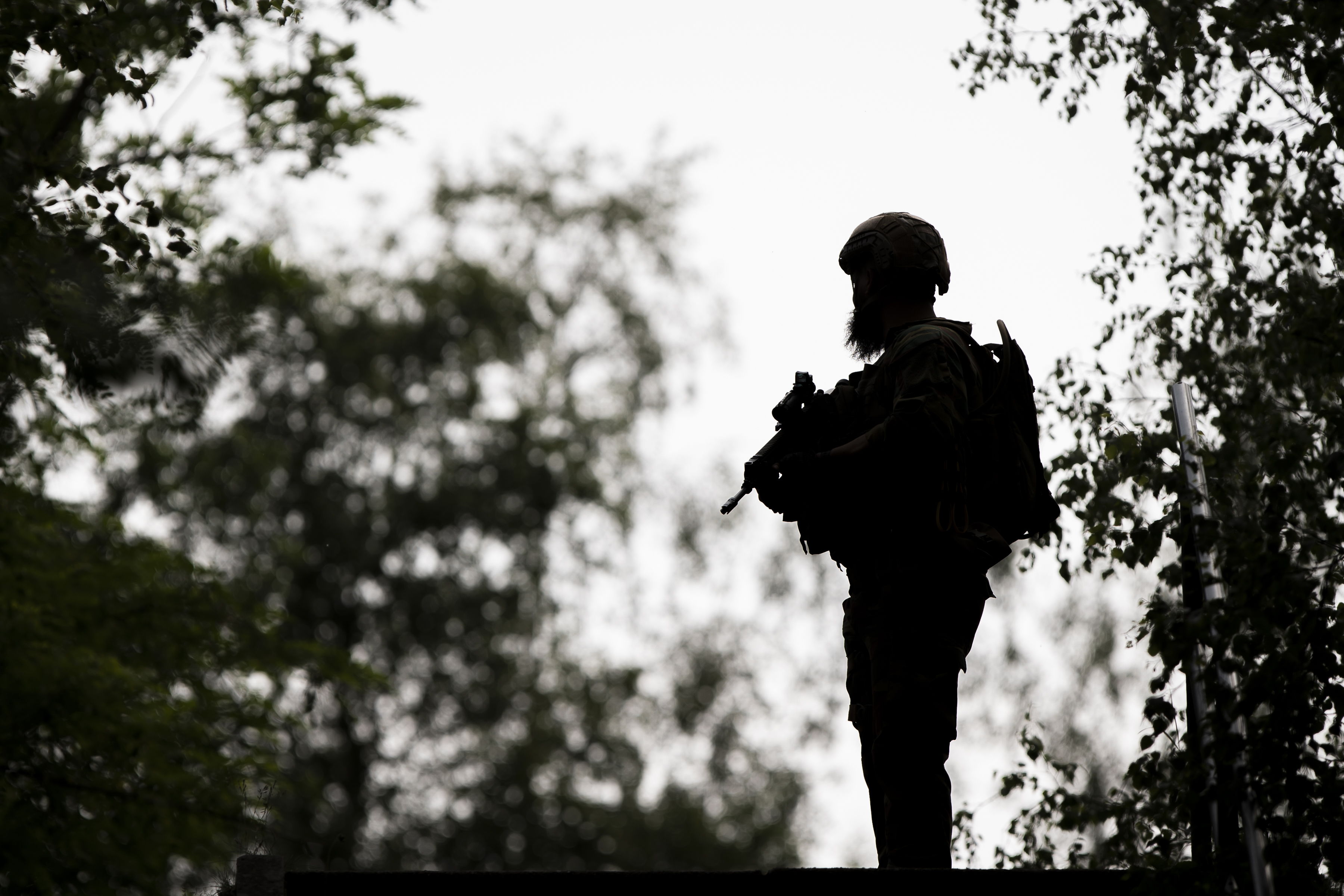Belgian army steps up security screenings to avoid future security incidents

Security screenings in the Belgian army are being stepped up. From now on, candidate citizens will also have to undergo a check and all personnel will be screened every five years. The Council of ministers has approved a proposal by Defence minister Ludivine Dedonder (PS) to this effect. It should help prevent another security incident like the one surrounding the disappearance of Jürgen Conings.
Conings was the soldier with extreme-right sympathies who ran off with weapons last year and who was feared to have committed an attack on a number of personalities. The increased screening was one of the measures announced by Minister Dedonder in response to the affair.
Screening
The minister pointed out that the Defence department of the Belgian army is not just an administration like any other. Because of the possible security implications, it is only logical that employees are subjected to screening. Today, this is only the case for military candidates before they enter service. There is no screening for civilian candidates, just as there is no screening during their career. The change in the law is one way of addressing this.
It is not the only measure in the action plan against extremism.
"For example, work is also being done on the standards and values framework to make it even clearer that there is no place for extremism within Defence, and better access to psychologists for our own personnel is being provided," Dedonder explains.
"Within that set of measures, the proposed security screenings are an important component because they will give access to important security information about the candidates, information that will show whether someone deserves to be employed by Defence."
The draft now goes to the Council of State for advice. The verification of candidate civilians and military personnel will be introduced one month after the law comes into force. The periodic career verification will be introduced five years after the entry into force of the law. This should provide room to work out the necessary transitional measures.
Jürgen Conings
Meanwhile, it has been more than a year since professional soldier Jürgen Conings disappeared without a trace. The man appeared to have stolen weapons from the barracks. An attack on virologist Marc Van Ranst, who had to go into hiding, was feared. It was the beginning of a long and great search that would end dramatically on June 21, when the body of Conings was found in the Dilserbos in the province of Limburg. The man had taken his own life.
The disappearance and the manhunt did not only make the news in neighbouring countries, the Netherlands, France and Germany. Even CNN and BBC World were captivated by what happened in Belgium in the early summer of 2021. The incident caused a blow to the image of the Belgian army and prompted Major General Philippe Boucké to resign as head of the Belgian General Intelligence and Security Service.
The soldier's disappearance gave rise to many conspiracy theories claiming, among other things, that the man had been liquidated by the State 'because he knew too much'. Today, those theories have largely disappeared, although disbelief in certain circles about the course of events remains strong and there are still some online groups and accounts on platforms such as Twitter, Telegram and Facebook that bear his name.
(AHU)
© BELGA PHOTO KRISTOF VAN ACCOM - A soldier patrols the Terhills site at Nationaal Park Hoge Kempen in Maasmechelen, Friday 04 June 2021. Police and army services continue to look for a heavily armed professional soldier, Jurgen Conings, in the province of Limburg. The 46-year old man made threats against virologist Van Ranst, the army chief of command and the government. Van Ranst was brought to safety and remains in hiding.